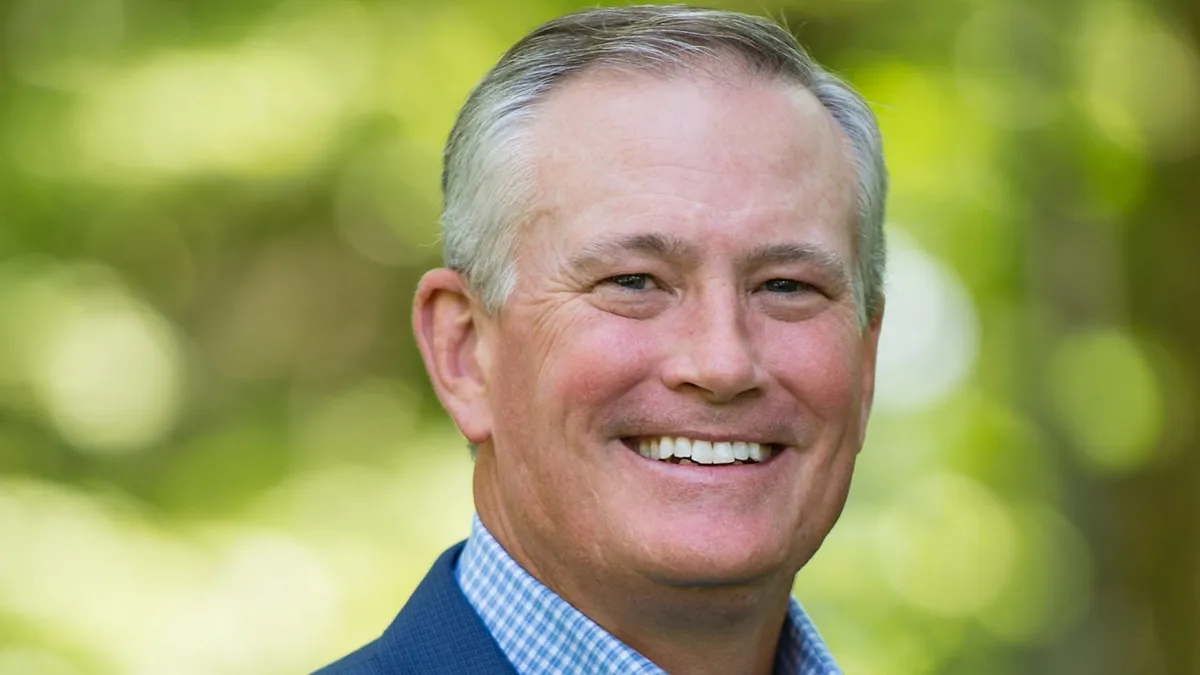Legislators and leaders of healthcare organizations are exploring ways to revitalize the nation's healthcare workforce amid pandemic-driven turmoil that's spurring many nurses, physicians and other staff to leave their roles when hospitals need them most.
Shortages throughout the omicron wave have posed different challenges as staff called in sick or quit their jobs entirely for higher-paying traveling nurse positions. That's leaving hospitals in a bind as they treat higher acuity COVID-19 patients and others who deferred care throughout the pandemic.
One Brooklyn Health System in New York earlier this year had about 10% of its staff out sick with the virus on top of rising turnover, CEO LaRay Brown said Thursday during a webinar hosted by the American Hospital Association.
To be sure, it's not only nurses who are leaving.
"It's respiratory therapists, it's lab technicians, phlebotomists," Brown added.
Staff at Huntington Hospital in Pasadena, California, are burned out, which is leading many to take early retirements, CEO Lori Morgan said during the AHA call. Retirements have increased 20% over usual levels at the hospital, which is also seeing more early career nurses leave their roles than before, Morgan noted.
At the same time, the hospital spent about 32% more on traveling staff in 2020 than it did in 2019, while expenditures for traveling nurses in 2021 rose by about one and a half-fold over its outlay two years earlier, Morgan said.
Skyrocketing rates for traveling nurse staff are a key focus in current staffing challenges, and the AHA and the nursing home lobby are renewing a push for the Federal Trade Commission to investigate nurse staffing agencies for anti-competitive activity.
Members of Congress also wrote to White House Officials asking for more scrutiny into soaring rates for traveling staff.
During a Senate committee on Health, Education, Labor and Pensions hearing on Thursday, Sen. Tommy Tuberville, R-Ala., asked witnesses about traveling nurse rates and whether agencies are taking advantage of the situation.
Nurses who are leaving their permanent roles for traveling jobs do so for a number of reasons beyond higher pay, Margaret Flinter, senior vice president and clinical director at Community Health Center, said during that hearing.
"I don't think people are likely to give up a satisfying practice as a nurse to do travel nursing," Flinter said.
"Where I have an issue is when we are losing valuable experienced nurses from positions because that position is no longer tenable, and often that position is no longer tenable because it's been understaffed for a long time, under-resourced and people are just frustrated," she said.
The staffing agencies also say while travel nurse pay has risen exponentially, so have the demands of the job. Over the past two years staff have dealt with stress, burnout, overwork, stark physical danger and animosity from short-fused and frustrated coworkers, patients and hospital visitors.
Some states have introduced legislation to cap the rate healthcare facilities can pay contract agencies for staff, though no federal legislation has been introduced and the AHA is not pushing for such measures.
"We are simply just asking that the administration investigate the practices of the specific agencies," Aimee Kuhlman, senior associate director of federal relations at AHA, said on the call.
While a short-term fix may be out of reach, the AHA submitted a statement to the HELP subcommittee with some policies that may help address shortages in the longer term.
Those include lifting the cap on Medicare-funded physician residencies and boosting support for nursing schools, faculty, scholarships and loan forgiveness.
Hospitals and their lobbies are also pushing for expedited visas for highly trained foreign nurses to work in the U.S., along with funding to help providers cover the cost of increased staffing.
"How do we get through this?" Sen. Mike Braun, R-Imd., asked during the Thursday hearing.
"I think it's going to take an interesting combination of the healthcare industry, hospitals, practitioners, insurance companies, even pharma, to know that you're going to have to take some of the burden yourselves and that you can't rely on the government to do this," Braun said.

















